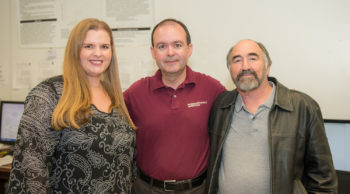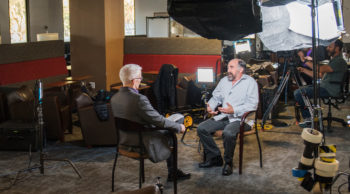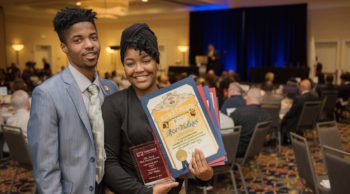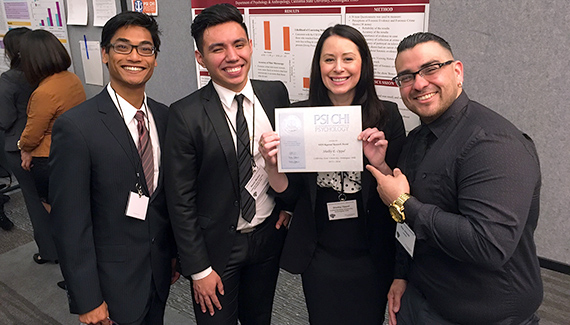At Cal State Dominguez Hills, the low November sun had faded to dusk when professor Toddy Eames called for a break in the middle of a nearly three-hour screenwriting class. “Fifteen minutes!” she announced as her students stood, stretched or ambled to the door. “You can take out your phones,” she added, but most students were already scrolling through the texts, emails, Snapchats and other postings that had piled up during an hour of mandated tech abstinence. Since fall 2016, the communications department at California State University at Dominguez Hills has banned smartphones, laptops and other personal technology in every classroom – with grade deductions for violations – except for ... Read More
Psychology
The Downside of Cellphone Addiction
Most people can't leave home without their cellphone. We're addicted to them and we know it. So, what's the downside? I'm as guilty as the next person, I can't be without my cell phone for more than a few minutes. In fact, I have two cell phones. It doesn't bother me, but research is now showing too much phone use can lead to potentially serious psychological disorders such as extreme stress, anxiety, depression and more. We observed an interesting experiment in our story on cell phone addiction that demonstrates the potential for problem. We'll also have some tips to find out if you are really addicted to your phone, and then what you can do about it to try to break the ... Read More
’60 Minutes’ Taps Professors’ Expertise on Smartphone Behavior, Anxiety
Anderson Cooper, television personality and correspondent for “60 Minutes,” the nation's longest-running television newsmagazine, visited California State University, Dominguez Hills (CSUDH) to interview communications professor Nancy Cheever and psychology professor Larry Rosen for a story about the effects of habit-forming smartphone applications on people's behaviors and lives. The “60 Minutes” story, which aired April 9, featured former Google product manager Tristan Harris, who since leaving the tech giant has spoken out nationally about the development of smartphone apps–some of which he helped design–that he claims are purposefully designed by software companies to be addictive. ... Read More
Human Services Student Asia Watkins Aspires to Help Incarcerated Women
Motivated by the dramatic psychological changes her mother went through before and after serving time in prison, California State University, Dominguez Hills (CSUDH) human services major Asia Watkins aspires to work with women of color and their families experiencing the same challenges. “When she came home from prison my mom just wasn't the same. She suffered from depression, anxiety, and personality disorder,” said Watkins, a Carson resident who has a certificate in mental health recovery, and is expected to graduate with her bachelor's degree from CSUDH in May 2017. “So it's personal to me. I want to go into the prison system and specifically target women of color, starting with ... Read More
Psychology and Anthropology Students Garner Top Honors at WPA Convention
Three California State University, Dominguez Hills (CSUDH) psychology students and their faculty mentors were awarded 1st Place during the International Honors Society in Psychology (Psi Chi) poster session at the Western Psychological Association (WPA) Convention in May 2016. The winning presentation, “The Bones Effect: Television Influence on Perceptions of Forensic Science,” one of 31 CSUDH student/faculty presentations provided during the convention, was presented by psychology students Shelby Oppel, Ray Jaquez, Kevin Munoz and Daniel A-Haja, and anthropology students Ron Bermudez Perea and Andrea Esparza. The faculty members on the 1st Place team were Wing Nam (Joyce) Chan, ... Read More




